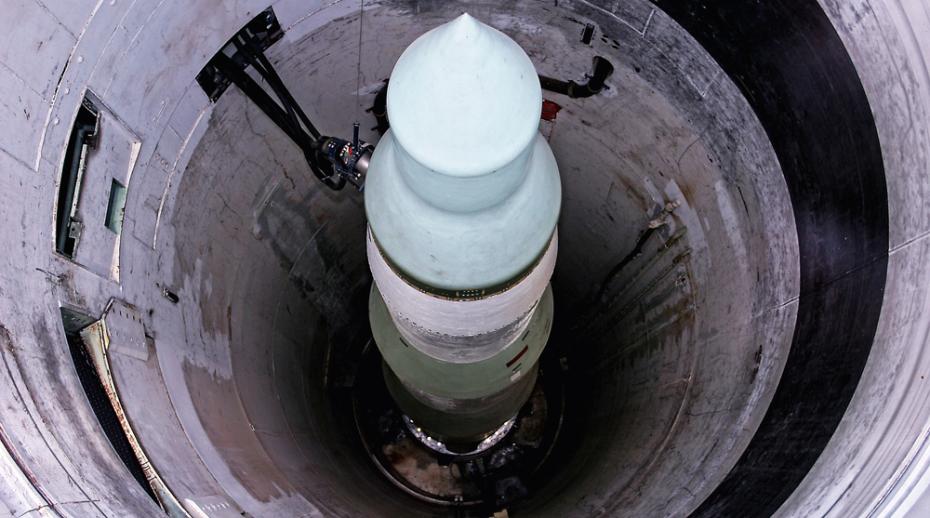
(Stockholm, 5 December 2017) Disarmament issues have been at the core of SIPRI’s work since its foundation in 1966. On 10 December 2017, the International Campaign to Abolish Nuclear Weapons (ICAN) will formally receive the Nobel Peace Prize at a ceremony in Oslo. Ahead of the ceremony, SIPRI is pleased to present a primer on the state of nuclear weapons and disarmament.
122 states approve 'the Ban Treaty'
On 7 July, 122 states approved the Treaty on the Prohibition of Nuclear Weapons–often called ‘the Ban Treaty’–at the United Nations in New York. Dr Tarja Cronberg, Distinguished Associate Fellow at SIPRI, wrote an online commentary to put the treaty and its contents into perspective, considering the current condition of the nuclear non-proliferation regime, as well as next steps. ‘No one expects the nuclear weapon states to abolish their nuclear weapons and ratify the Ban Treaty any time soon,’ Cronberg writes, ‘the treaty is a future-oriented, normative treaty that delegitimizes and stigmatizes nuclear weapons.’
SIPRI’s reaction to the Nobel Peace Prize announcement
Read the SIPRI statement on the 2017 Nobel Peace Prize, where Dan Smith lauded the decision to award the prize to ICAN as ‘highly appropriate’. He continued: ‘The world has witnessed declining respect for the unique destructive capacity of nuclear weapons. At a time when the nuclear threat is increasing, ICAN reminds us that it is important to imagine a world in which they do not exist.’
In conversation with the laureate
Later in October, Beatrice Fihn, Executive Director of ICAN, visited SIPRI. As part of the SIPRI Spotlight film series, SIPRI asked her about ICAN’s success and how she responds to communities that say a total ban is both impossible and destabilizing.
Latest figures on world nuclear forces
An important part of SIPRI’s work on nuclear weapons is its world nuclear forces data, which reveals annual estimates on the number and types of nuclear weapons held around the world. In July, SIPRI released its annual data and findings. SIPRI analysis shows that, although the overall number of nuclear weapons in the world continues to decline, all of the nuclear weapon-possessing states are in the process of modernizing their nuclear arsenals and are not likely to give them up for the foreseeable future.
For media and interview requests, please contact Stephanie Blenckner (blenckner@sipri.org, +46 8 655 97 47) or Alexandra Manolache (alexandra.manolache@sipri.org, +46 76 628 61 33).